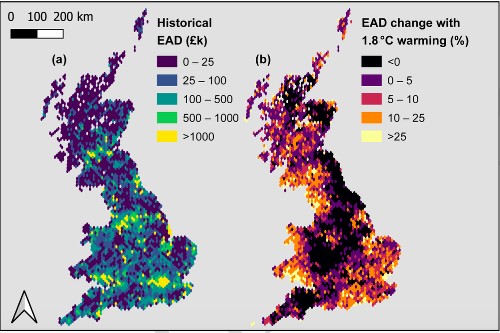Carlsberg is moving towards regenerative farming in the UK, Finland and France, aiming to be using fully regenerative agricultural practices by 2040.
Regenerative farming, or agriculture, aims to promote biodiversity, restore soil health and support natural carbon capture. It improves the water cycle, and increases resilience to climate change.
The commitments form part of the Carlsberg Group’s new Zero Farming Footprint ambition, and is committed to sourcing 30 per cent of all agricultural raw materials from regenerative practices and sustainable sources globally by 2030, reaching that 100 per cent target by 2040.
In the UK, Carlsberg Marston’s Brewing Company has committed to 100 per cent regenerative barley for Carlsberg Danish Pilsner by 2027, and for all UK brands by 2031.
Simon Boas Hoffmeyer, senior director of sustainability & ESG for Carlsberg Group, said: “We cannot reach our targets alone. Partnerships are vital across the value chain, which is why we are collaborating closely with local farmers, traders, maltsters, agronomists and NGOs who provide expertise in the transition to regeneratively grown barley. Over time this will allow us to offer our consumers and customers lower-carbon beers and contribute to improving the ecosystems we rely on.”
Starting the transition in the UK, Carlsberg Marston’s Brewing Company and the Archer-Daniels-Midland Company have contracted the first 23 farmers to grow an estimated 7,000 tonnes of regenerative barley during 2023. Partnering with agriculture consultancy Ceres Rural, a regenerative agricultural protocol has been developed to align with Group practices, while considering the specific requirements and contexts for UK farmers.
Carlsberg Group is actively committed to global collaboration through its new membership in the Sustainable Agriculture Initiative Platform (SAI Platform). Together with experts and other industry players, the Group will learn and share best practices, co-develop and apply specialised programmes, and align on a common approach to regenerative agriculture through its engagement in a dedicated working group.
Latest News
-
Trump effect leads to slump in European ESG investment
-
Skipton Building Society names Refuge as its next charity partner
-
Voices of children impacted by hygiene poverty to be played at shopping centre toilets
-
Corporate partners wanted for rebranded environmental match funding campaign
-
Building Society hands domestic abuse survivors’ charity £150,000
-
Coffee firm links up with National Park to create ‘haven for biodiversity’
© 2019 Perspective Publishing Privacy & Cookies









Recent Stories